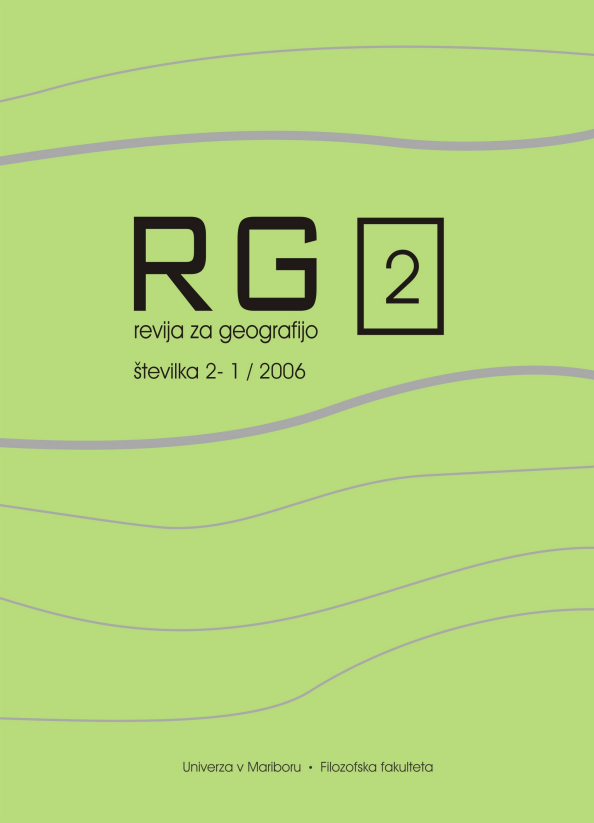Problems of small cities aglomeration – a case study Leibnitz
DOI:
https://doi.org/10.18690/rg.1.2.2881Keywords:
small–town–agglomeration, suburbanisation, administrational structures, inter–communal cooperation, inter–communal compensatory financingAbstract
The study deals with the phenomenon of urban agglomeration, which so far could be observed only within of big and medium sized towns, nowadays is also including smaller central places of less than 10.000 inhabitants. Agglomeration nuclei like the district capital Leibnitz suffer from limited possibilities of expansion due to the small administrative area. This affects economic as well as demographic interests, and goes to the debt of the financial potential of core city, whereas the surrounding communities profits from economic expansion and population growth. The unification of the suburban communities with the central city would probably be the clearest reaction to the spatial structures. A good alternative to strengthen the interests of the whole agglomeration could be offered by means of an inter-communal financial compensation. The idea of a just distribution of financial burdens and yields resulting from economic investments, job creation, communal services, etc… among all communities of the agglomeration is just at its beginning.
Downloads
References
Hofmeister, B. 1980: Stadtgeographie. Das Geographische Seminar, Braunschweig, 197 p.
Heinritz, G. 1979: Zentralität und zentrale Orte. Stuttgart, 179 p.
Lichtenberger, E. 1991: Stadtgeographie 1. Begriffe, Kozepte, Modelle, Prozesse, Stuttgart 303 p.
Zsilincsar, W. (Hsg.) 2005: Neue Einzelhandelsstrukturen am Rande von Kleinstädten. In: Tagungsband. Inst. f. Geographie und Raumforschung d. Univ. Graz. Graz, 178 p.
IKM News. 2005: Interkommunale Zusammenarbeit – Erfordernis der Zukunft!? Inst. f. kommunales Management (www.ikm.at), Graz, 17 p.
Gottfried v. Rohr, H. 1990: Angewandte Geographie. Das Geographische Seminar. Braunschweig, 208 p.
Südsteiererwoche, 08.08.2006, Peter Hoffmann.
Downloads
Published
Issue
Section
License
Copyright (c) 2006 Martin Florian, Anton Tropper, Walter Zsilincsar

This work is licensed under a Creative Commons Attribution 4.0 International License.
